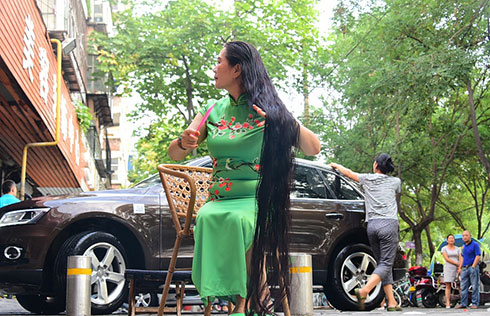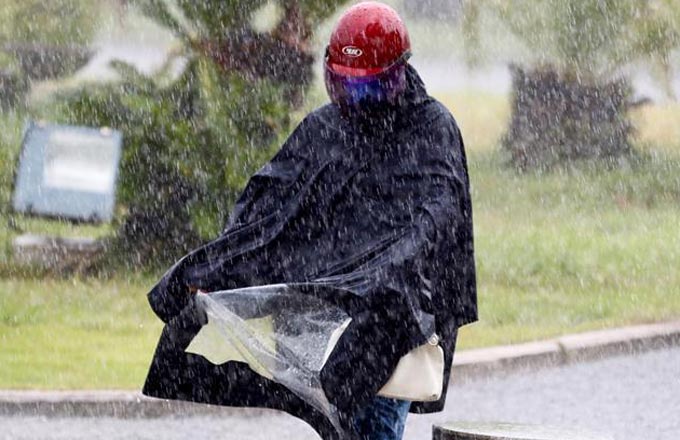Call for more training to detect traffickers at bus stations
Prosecutors have called on police to give more training and support to staff working at long-distance bus stations, to tackle drug trafficking via public transport.
In the past five years, coaches between cities have replaced airlines and railways as the main means to transport drugs, according to Beijing No 2 People's Procuratorate.
Many traffickers prefer long-distance coaches in China over airplanes and railways where they must provide proof of identity, said Zhang Ting, a senior prosecutor in the authority.
"Lots of suspects trafficked drugs in creative and covert ways, such as putting drugs between layers of decorative pictures, dipping clothes into a drug solution or hiding them in their wigs," she said. "These hiding places are difficult to find during security checks."
Some bus stations have no security checks for passengers, which is a loophole that can provide a good opportunity for traffickers, she added.
|
Sanlitun a hot spot Sanlitun, a bustling area in Beijing's Chaoyang district, has become the main area where foreign drug addicts and traffickers are arrested, according to the capital's No 2 People's Procuratorate. From 2011 to March 2012, the prosecuting authority dealt with seven cases involving seven foreigners suspected of drug addiction or trafficking in the area, making up about 23 percent of all such cases, said a statement from the procuratorate. Around 86 percent of the suspects were from North and East African countries, five had no jobs and the other two were exchange students in the city, the statement said. "The bar street in Sanlitun is always where many foreigners in the capital gather, so drug cases involving foreign suspects there are not rare," said Wei Lugang, a prosecutor with the authority. Areas around the Workers' Stadium in the district have also been the site of frequent drug arrests in the past two years, he said. Most drug purchases by the foreign suspects were smokable methamphetamine and marijuana, he added. -Cao Yin |
"The trafficker was given security checks, but they did not work," Zhang said, adding most security systems or equipment in bus stations cannot detect drugs, let alone those hidden in private areas.
Li Wenjun, an associate professor specializing in drug prohibition with the People's Public Security University of China, suggested drug police provide more training and guidance for public transport workers.
"Many staff members in the stations, including bus drivers and ticket conductors, have little awareness of drug checks, while most security check facilities only target liquids carried by passengers," she said.
The most important thing is to let these workers know that passengers are likely to transport drugs on buses, she said, and police should urgently supply them with training on how to distinguish suspected drug traffickers from their behavior.
Chen Shuaifeng, another expert at the university, said the Ministry of Public Security started a crackdown on drug trafficking through the postal service and public transportation in 2011.
However, he said it is not practical for long-distance bus stations to put in place an identification system in a short time.
"Anyone can get on any bus after buying a ticket, and there are not enough workers to do security checks, let alone professionals in charge of looking for drugs," he said.
A 100-day campaign this year identified more than 50,000 cases, a 43.1 percent year-on-year increase, according to the ministry. Almost 57,000 suspects were detained, and 26.5 metric tons of drugs were seized.
In addition, women with a higher education have become an increasing source of drug trafficking, according to the court in Chaoyang district.
In 2010, just five cases in the district involved female drug traffickers who graduated from junior college or held higher educational certificates, but that figure increased to 15 last year.
caoyin@chinadaily.com.cn
(China Daily 06/26/2013 page4)





















